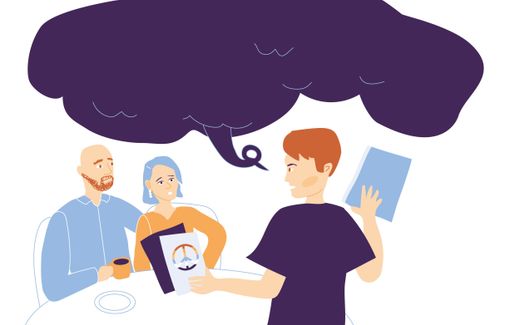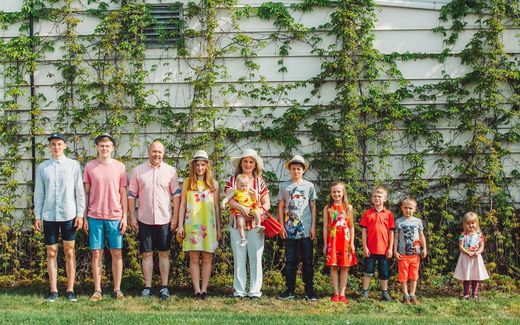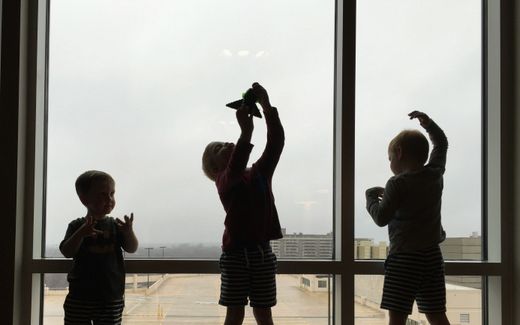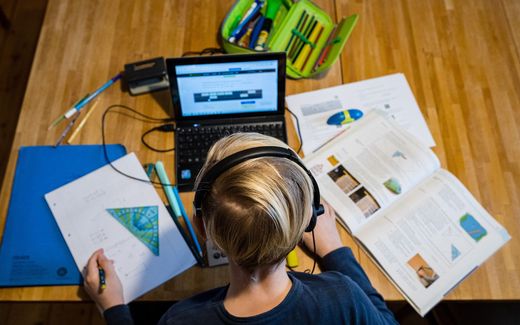This is how you create problem solvers
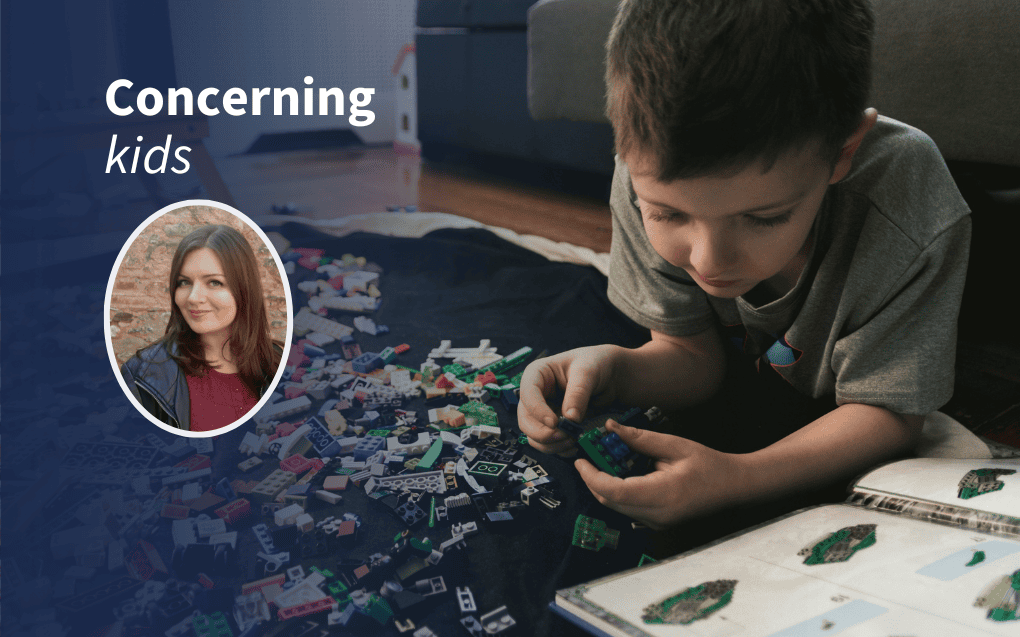
Photo Canva.com, Unsplash, Kelly Sikkema
Christian Life
Having a problem is something that generations have in common with each other. How we deal with these issues in adulthood depends on what we learn in childhood. Columnist Anna gives tips on how to deal with it.
Stay up to date with Christian news in Europe? Sign up for CNE's newsletter.
“Small children, small problems. Big children, big problems.” You may have heard this phrase many times. People often compare the growing problems to the age of their kids.
I discovered that being an adult does not only mean that I have to deal with my own problems, but also that I have to take care of the problems of my family. And the challenges get harder the older the kids become.
The problem, however, is that we only look at these problems from our own perspective. Kids in all age groups see their challenges differently. To them, their struggles seem like the end of the world.
Frustration
Therefore, we should not underestimate their problems and feelings. The worst we can do is to ignore their challenges or say something like, “Oh, I wish I had your problem because it is not a problem at all”.
So, what should we do instead? I learned it during one of the sessions of my Children’s Club. We work in the evenings after the kids come home from school. We welcome them and often see the frustration and sadness on their faces, especially when kids get disappointing final semester grades.
To me, as an adult, that seems funny. I understand that lower grades did not ruin my life, and nobody cares now about how I did in math in school. Yet, I haven’t forgotten how I suffered in school myself.
Surprisingly, my bad experiences in school turned out to be a game-changer in conversations I have with kids. Sometimes, I tell them the following story:
“When I was in school, I received a bad grade in math. I was very afraid to tell my parents, as they would be upset. Therefore, I lied to them about my grade.
However, my teacher called them, and the situation turned into a scandal. My parents scolded me because I lied to them. I felt miserable and silently cried all night. I even wanted to die. I even had bad thoughts and imagined how, at my funeral, my parents and my teacher would be sorry for treating me like this”.
Pain
Is it good to share our own experiences openly? Some may question that. However, we cannot deny that kids do feel miserable sometimes. They cry when we don’t see it, and we can only imagine the ideas that pop up in their heads.
I think we should not treat children’s suicidal thoughts lightly. And talking about it shows kids that we care about their emotions and pain.
My openness towards the children started an important conversation with a 10-year-old girl who admitted she had similar thoughts and believed that something was wrong with her.
It is good to say, “Let’s talk about what happened to you (show sympathy and interest). Now you are very upset, but when you are ready (allow time to calm down and get ready for honest conversation), please come to me (give a choice to come), and we will think together about what we can do (invite for partnership)”.
Our reaction to their problems will either catalyse our bond or enlarge the gap between us. Kid’s problems are a unique opportunity to become a caring friend and a partner in a difficult situation.
Related Articles


